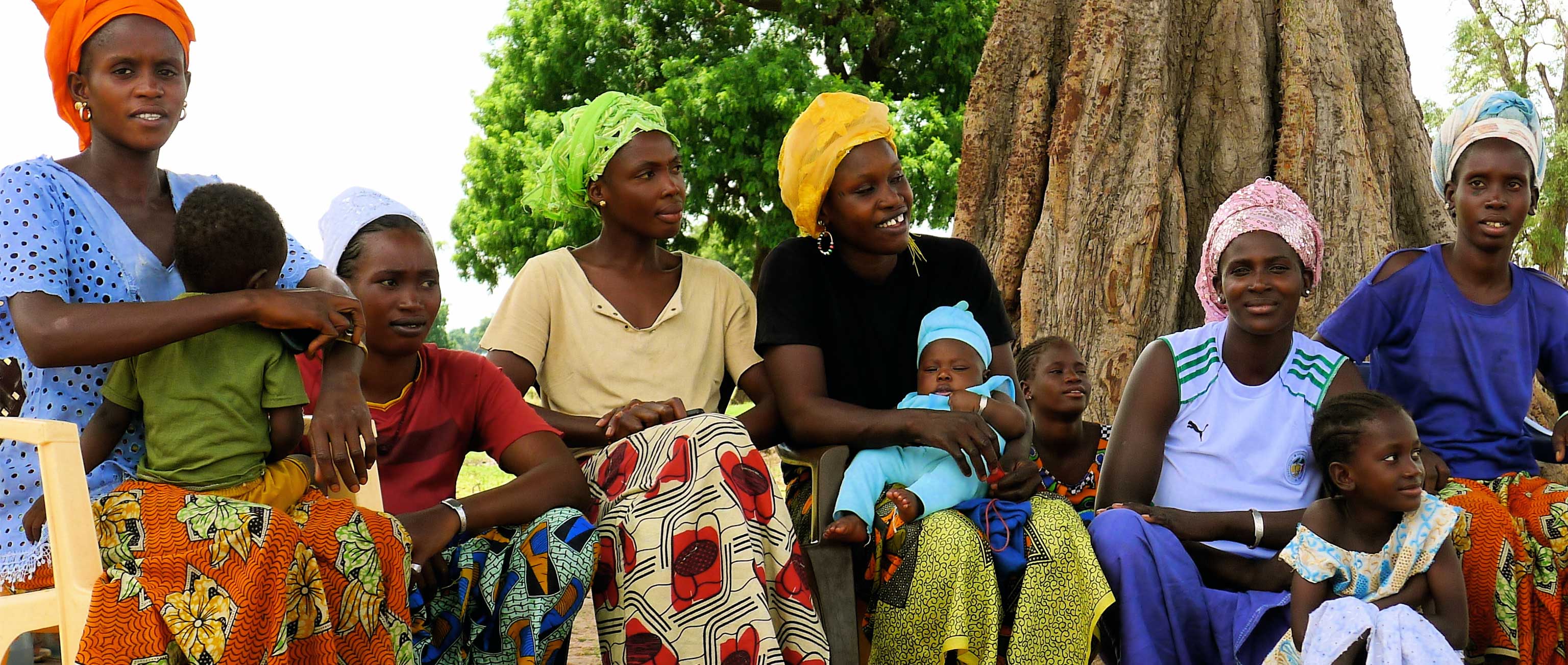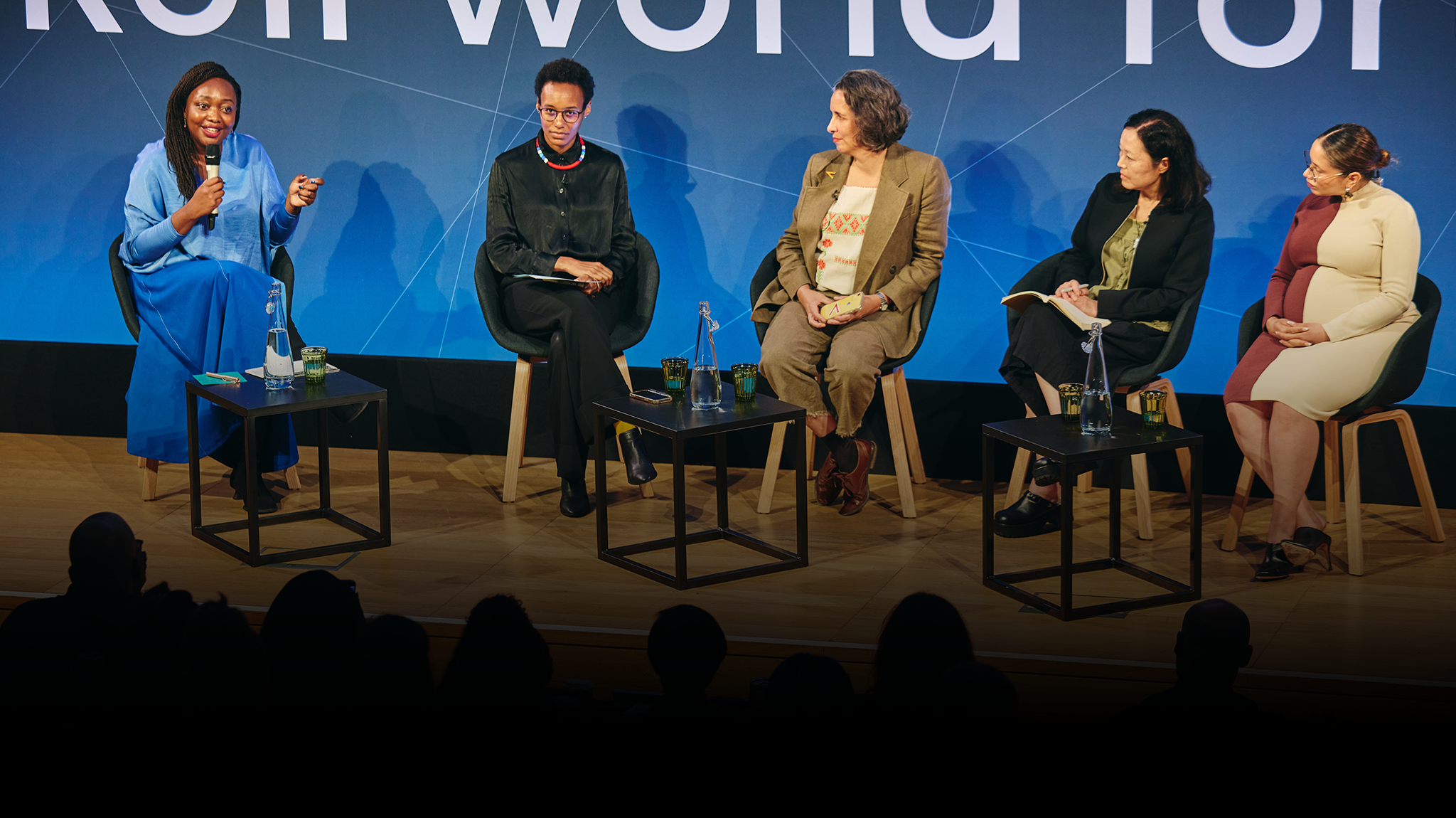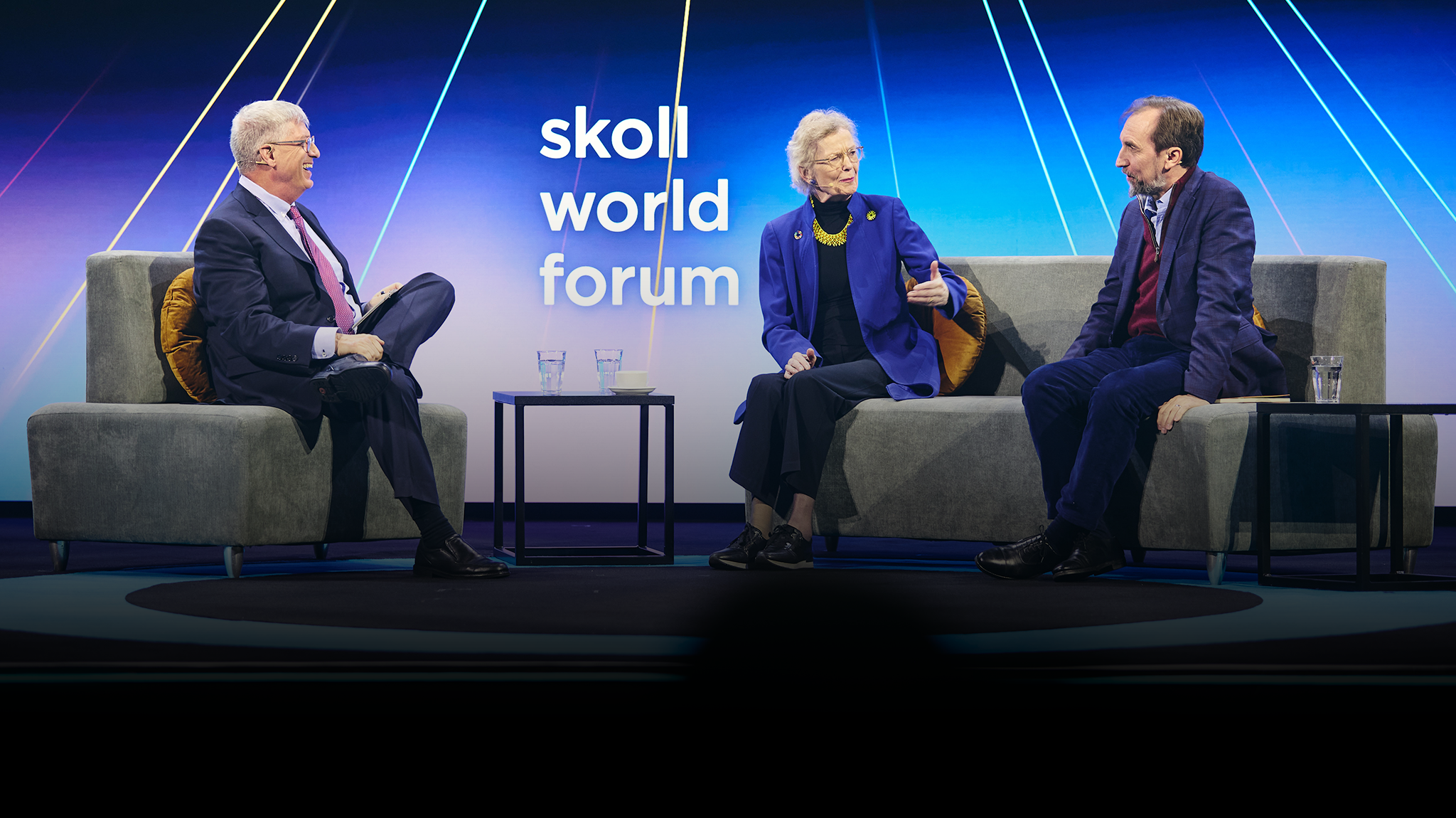How to Stop a Practice Harmful to Three Million Women and Girls This Year?
Some 200 million women and girls alive today have undergone female genital cutting (FGC). Every year, three million more women are violated with FGC—a massive, mostly invisible health and human rights crisis. With that troubling trendline, 15 million more girls could be affected by 2030.
Almost three decades ago, Molly Melching launched Tostan—”breakthrough” in the Wolof language of West Africa—to empower communities to bring about sustainable development and positive social transformation based on respect for human rights. What followed was a cascade of locally-led movements. Tostan believes the architects of the future are right there in the community—it works to unleash that nascent potential.
Molly went to Senegal in 1974 intending to stay 6 months. She stayed for almost 40 years. Molly came to believe that education was the key to unleashing that individual and community potential. In 1996, Tostan introduced human rights education into its program. “People talked for hours about the human right to health,” she says. “They talked about the human right to be free from all forms of violence, to be free from all forms of discrimination. That’s when we started to see amazing things start to happen.”
That’s when the members of a village collectively decided that they would no longer cut their daughters. “This is a deeply entrenched practice that had lasted 2,200 years in Africa,” says Molly. “And these women stood up and said ‘we know the health consequences now. We must protect our daughters.'” Thus began what would become a systems-level change in Senegal—a broad, grassroots movement to end FGC.
As Molly hands over the CEO reigns to Elena Bonometti, Tostan celebrates several notable milestones:
- The number of communities renouncing FGC has grown to more than 7,000, representing more than 3 million inhabitants, in Djibouti, Guinea-Bissau, Mali, Mauritania, Senegal, and Somalia.
- At least 7,500 communities have publicly declared that girls will not become child brides.
- More than 20,000 women in eight African countries where Tostan has worked have risen to leadership positions in their communities, including many to elected office.
Trust and empathy are critical elements of the work to end violations of basic human rights that are deeply enmeshed with cultural practice and taboo. “We really listened carefully and we just followed their lead,” said Molly. “They’re the ones leading this movement for change.”



